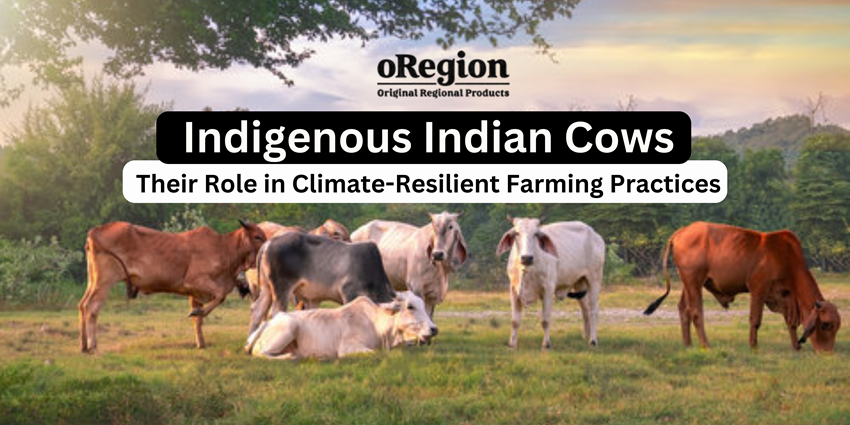
Indigenous Indian Cows: Their Role in Climate-Resilient Farming Practices
By oregion foodsIntroduction to Indigenous Indian Cows and Their Significance
Indigenous Indian cows, often referred to as desi cows, hold immense cultural, ecological, and agricultural importance in India. These native breeds are deeply integrated into traditional farming practices and are known for their adaptability, resilience, and ecological benefits. Unlike exotic breeds, indigenous cows are suited to India’s diverse climatic conditions, making them an invaluable asset in building climate-resilient farming systems. At oRegion, we believe in fostering sustainable agricultural practices through our products like oRegion Ghee, Cold Pressed Flaxseed Oil, and Wood Pressed Mustard Oil, which are crafted to align with nature's balance.
Historical Role of Indigenous Cows in Indian Agriculture
Historically, indigenous cows have been the backbone of Indian agriculture. Their multifunctional role includes providing A2 milk, serving as draught animals, and fertilizing fields with nutrient-rich cow dung.
Genetic Diversity and Adaptability
Desi cow breeds like Gir, Sahiwal, and Red Sindhi are renowned for their genetic diversity. This diversity ensures their adaptability to various agro-climatic zones, from the arid deserts of Rajasthan to the humid regions of Kerala. Their ability to thrive in harsh conditions without high-cost maintenance has been a cornerstone of Indian agriculture for centuries.
Ecological Benefits of Indigenous Cows
Natural Fertilizers and Soil Health
Cow dung from indigenous breeds is rich in nutrients, acting as an organic fertilizer that enhances soil fertility. Traditional practices such as using cow dung in composting and biofertilizers reduce the dependence on chemical inputs, thereby promoting sustainable farming. Our oRegion Groundnut Oil is cultivated using such eco-friendly methods, ensuring purity and quality.
Reduced Methane Emissions
Studies indicate that indigenous cows produce less methane compared to exotic breeds, contributing to lower greenhouse gas emissions. This makes them an environmentally sustainable choice for farmers aiming to mitigate climate change.
Water Conservation
Indigenous cows require significantly less water compared to their exotic counterparts, making them suitable for regions prone to droughts and water scarcity.
Contribution to Climate-Resilient Farming Practices
Climate-resilient farming practices are essential in mitigating the adverse effects of climate change. Indigenous Indian cows play a crucial role in this context by promoting sustainable agricultural techniques.
Drought Resilience
Desi cows are well-suited to thrive in drought-prone areas due to their ability to subsist on minimal resources. Farmers in arid regions benefit immensely from their resilience, as these cows can sustain agricultural activities during periods of water scarcity.
Integrated Farming Systems
Indigenous cows contribute to integrated farming systems where their manure is used to fertilize fields, and their urine serves as a natural pesticide. Such practices reduce farmers' reliance on synthetic inputs and foster biodiversity.
Cultural and Nutritional Importance
A2 Milk and Ghee
The milk produced by indigenous cows is rich in A2 beta-casein protein, which is known to be easier to digest and provides numerous health benefits. Products like oRegion Gir Cow Ghee are crafted from A2 milk using traditional bilona methods, ensuring superior quality and nutritional value.
Traditional Wisdom
Indian scriptures and ancient texts highlight the sacredness of cows and their role in sustainable living. Indigenous cows are often revered in Indian culture, symbolizing prosperity and harmony with nature.
Decline in Indigenous Breeds and the Way Forward
Challenges Facing Indigenous Breeds
The population of indigenous cows has been declining due to the increasing preference for exotic breeds. Exotic cows like Holstein Friesian and Jersey are often favored for their higher milk yield, but Exotic or hybrid cows have less maintenance costs and less prone to diseases compared to desi breeds.
Conservation Efforts
To reverse this trend, concerted efforts are needed to conserve and promote indigenous breeds. Initiatives like breed-specific conservation programs and organic farming practices can help revive the prominence of desi cows.
Role of Indigenous Cows in Organic Farming
At oRegion, we integrate products like oRegion Groundnut Oil, oRegion Flaxseed Oil, and oRegion Gir Cow Ghee into farming systems that rely on indigenous breeds. Their dung and urine are used to prepare natural pesticides and fertilizers, aligning perfectly with organic farming principles.
Products Inspired by Indigenous Cows
-
oRegion Gir Cow Ghee is crafted using traditional Bilona methods, ensuring purity and nutrient retention.
- Organic Cold Pressed Oils, including oRegion Groundnut Oil and Cold Pressed Mustard Oil, are processed sustainably, reflecting our commitment to nature-friendly agriculture.
Conclusion: A Sustainable Future with Indigenous Indian Cows
Indigenous Indian cows are not just an integral part of our agricultural heritage but also a key to achieving climate-resilient farming. Their ecological benefits, cultural significance, and adaptability make them indispensable for sustainable agriculture. By embracing indigenous breeds and products like Cold Pressed Mustard Oil and Organic A2 Cow Ghee, we can pave the way for a healthier planet and a more sustainable future.
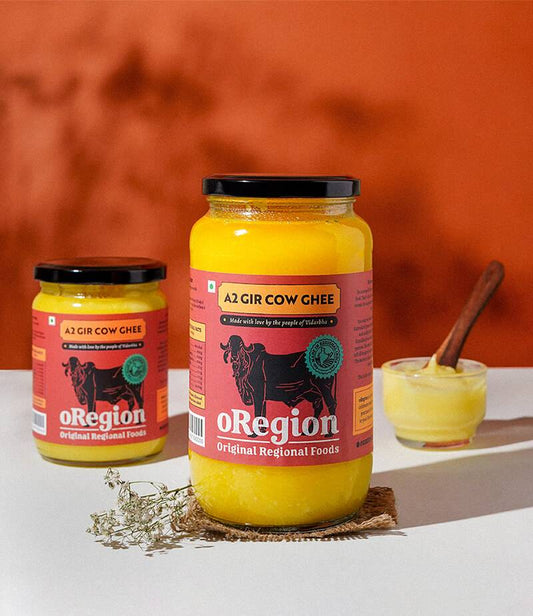
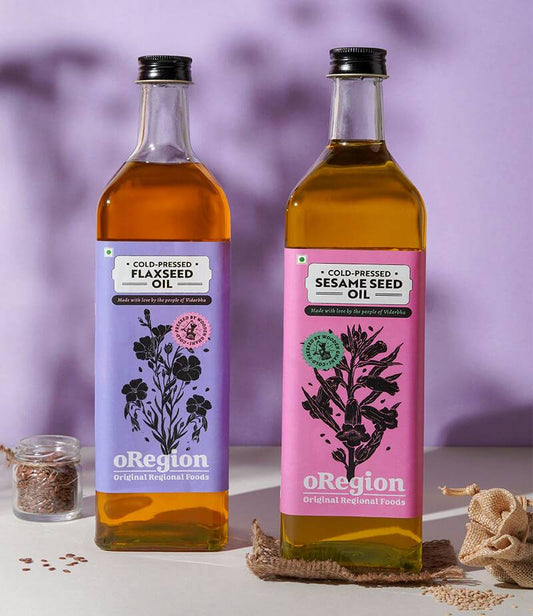
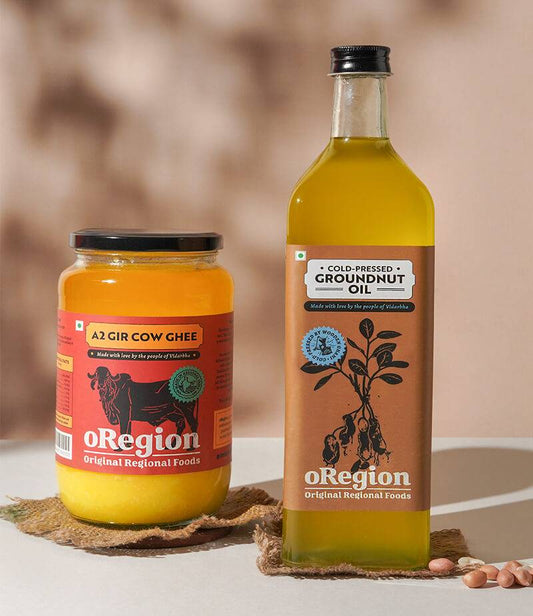
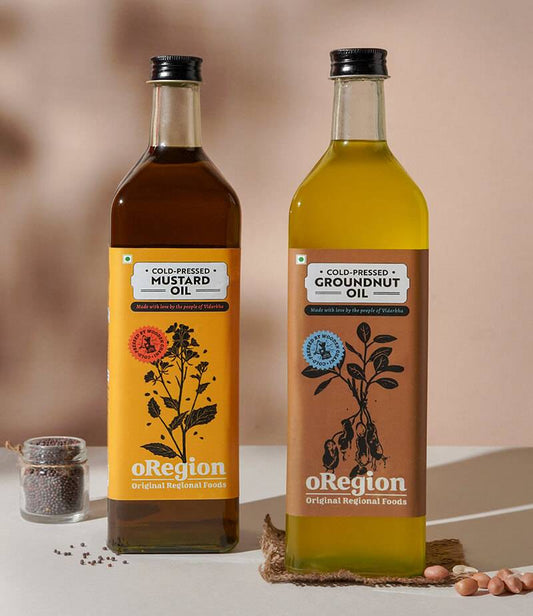
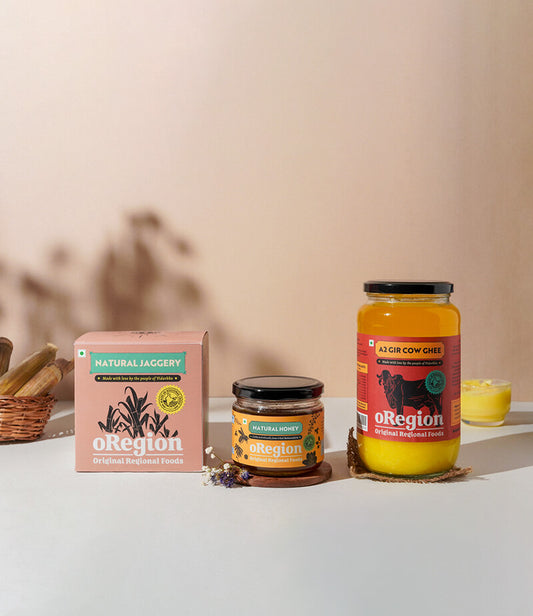
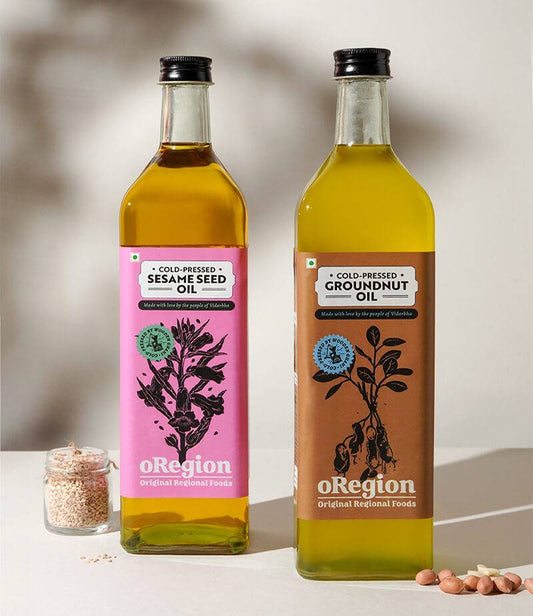
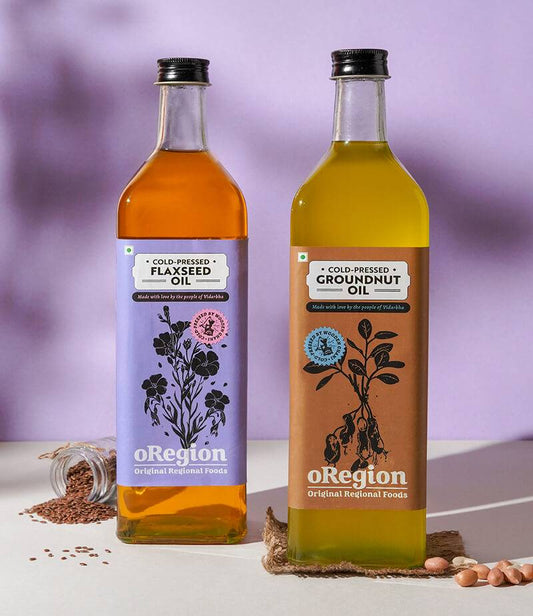
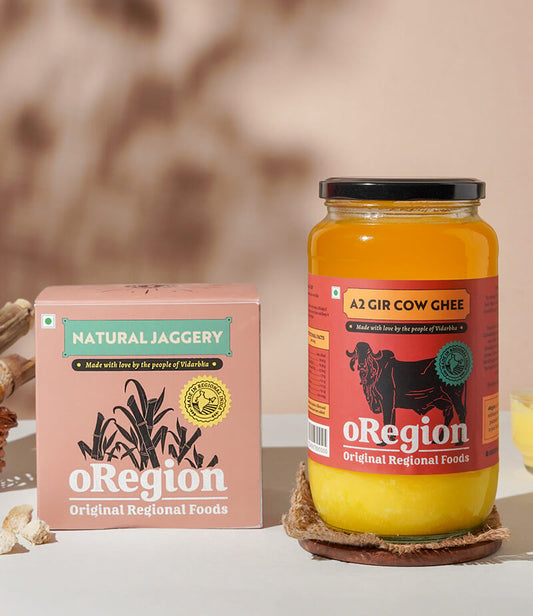
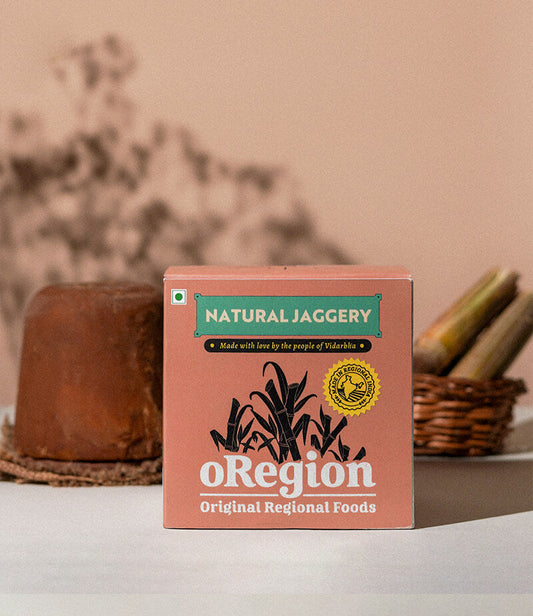
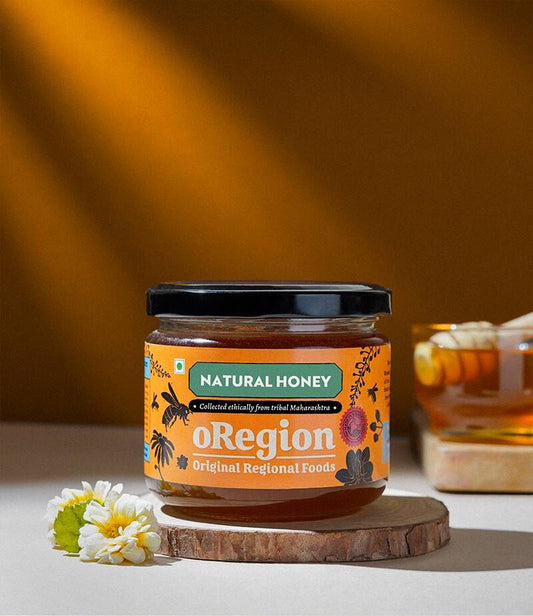
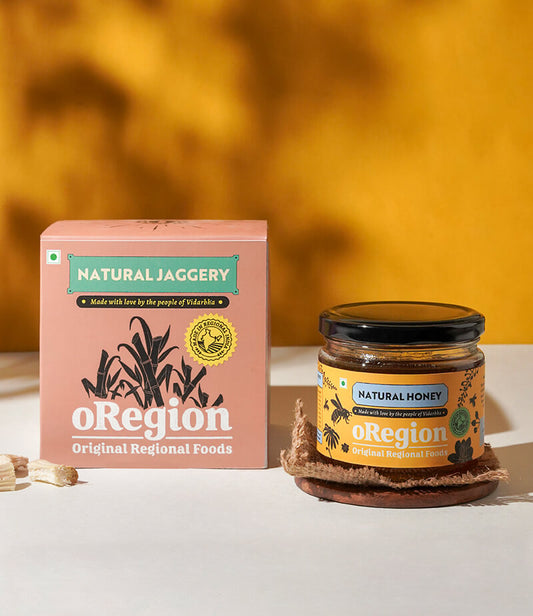


1 comment
All organic vegetarian food products required